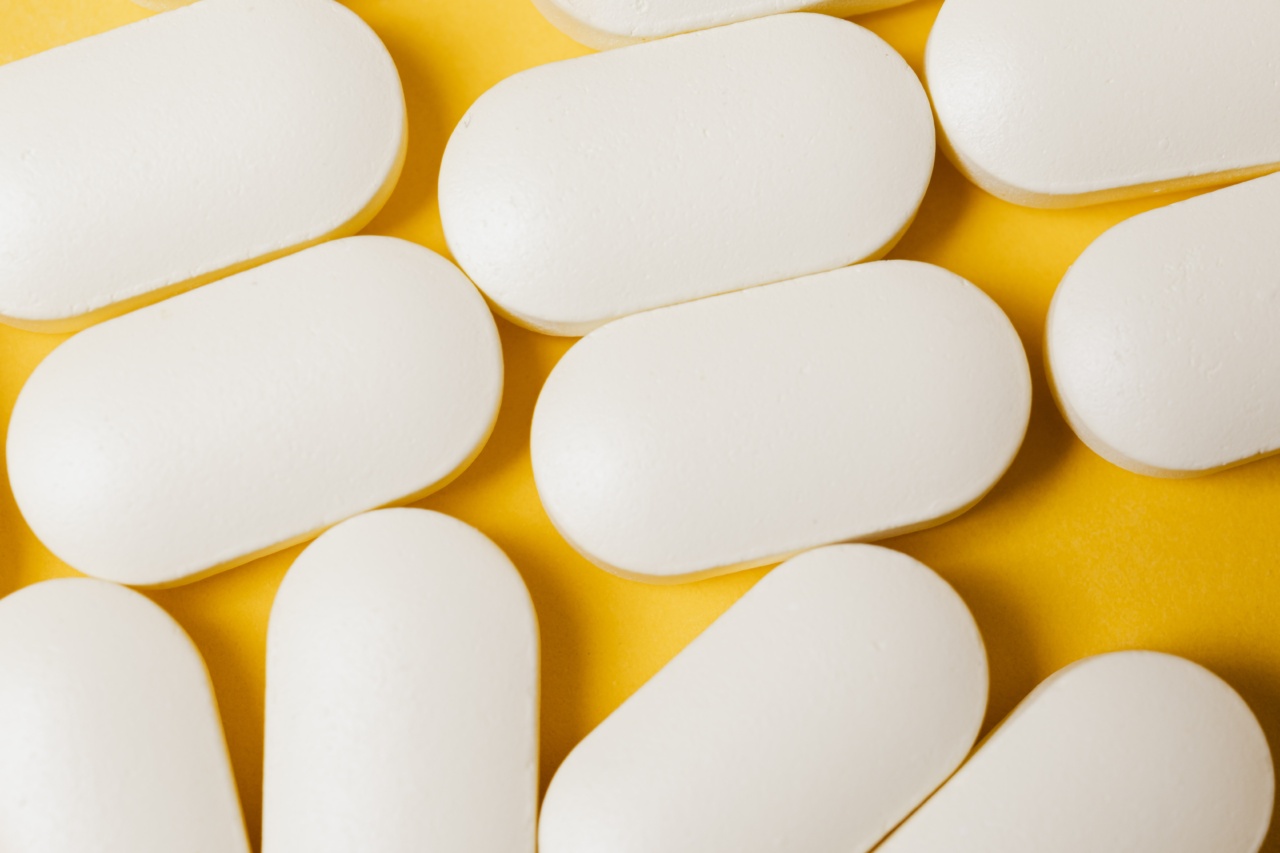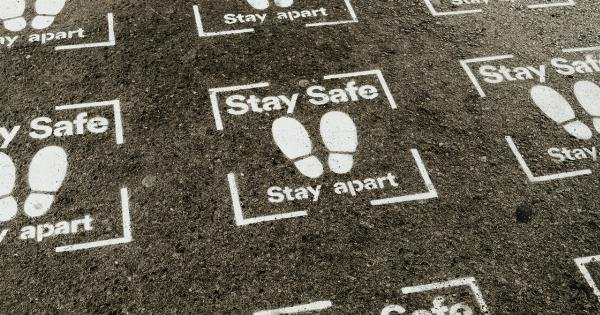Migraine is a debilitating neurological disorder that affects millions of people worldwide.
It is characterized by recurring moderate to severe headaches, often accompanied by a range of symptoms such as nausea, vomiting, and sensitivity to light and sound. While there is no definite cure for migraines, there are strategies and lifestyle changes that can help prevent or reduce the frequency and intensity of migraines.
In this article, we will discuss some tips from a neurologist on how to prevent migraines.
1. Identify and Avoid Triggers
Migraine triggers can vary from person to person, making it essential to identify what triggers your migraines.
Common triggers include certain foods (such as aged cheese, chocolate, and processed meats), hormonal changes, stress, lack of sleep, dehydration, and sensory stimuli like bright lights and loud noises. By keeping track of your activities, diet, and symptoms in a migraine diary, you can identify patterns and potential triggers. Once identified, try to avoid or manage these triggers to prevent migraine attacks.
2. Maintain a Regular Sleep Schedule
Sleep disruptions and irregular sleep patterns can trigger migraines in many individuals. It is important to establish a consistent sleep routine, aiming for around 7-9 hours of sleep each night.
Going to bed and waking up at the same time every day, even on weekends, can help regulate your body’s internal clock and reduce the likelihood of migraines.
3. Manage Stress Effectively
Stress is a common trigger for migraines. Finding healthy ways to manage and reduce stress can significantly decrease the frequency and severity of migraine attacks.
Some effective stress management techniques include deep breathing exercises, mindfulness meditation, regular physical exercise, engaging in hobbies, and seeking support from friends, family, or support groups.
4. Stay Hydrated
Dehydration is a known trigger for migraines in many individuals. It is important to drink an adequate amount of water throughout the day to prevent dehydration.
Aim to drink at least 8-10 glasses of water daily and avoid excessive caffeine and alcohol consumption, as they can contribute to dehydration.
5. Follow a Well-Balanced Diet
Certain foods and beverages, such as those containing artificial sweeteners, monosodium glutamate (MSG), and tyramine, can trigger migraines in susceptible individuals.
Maintain a well-balanced diet that includes fresh fruits, vegetables, whole grains, lean proteins, and healthy fats. Avoid processed foods, artificial additives, and potential trigger foods to reduce the risk of migraines.
6. Regular Exercise
Engaging in regular physical exercise has numerous health benefits, including migraine prevention. Exercise promotes the release of endorphins, which are natural pain-relieving and mood-enhancing chemicals in the brain.
Aim for at least 30 minutes of moderate aerobic exercise, such as walking, jogging, or cycling, on most days of the week. However, sudden intense exercise or strenuous activities should be avoided, as they can trigger migraines in some individuals.
7. Ensure Proper Lighting
Bright or flickering lights can trigger migraines in many people. Avoid exposure to harsh or strobe lighting whenever possible.
If you work on a computer or spend significant time in front of screens, try using a blue light filter or adjust the display settings to minimize eye strain and potential migraine triggers.
8. Consider Hormonal Regulation
For individuals who experience migraines associated with hormonal changes, such as during menstruation or menopause, hormonal regulation may be helpful.
Consult with your healthcare provider about potential options to regulate hormonal fluctuations and reduce the occurrence of migraines.
9. Limit Caffeine and Alcohol Intake
Both caffeine and alcohol have the potential to trigger migraines in susceptible individuals. While the effects can vary, it is advisable to limit or avoid excessive intake of these substances.
If you consume caffeinated beverages or alcohol, do so in moderation and be aware of their potential effects on your migraines.
10. Consult with a Neurologist
If you experience frequent migraines that significantly impact your quality of life despite implementing preventive measures, it is crucial to consult with a neurologist.
A neurologist can evaluate your condition, identify any underlying causes or contributing factors, and provide specialized treatment options to help manage and prevent migraines effectively.































